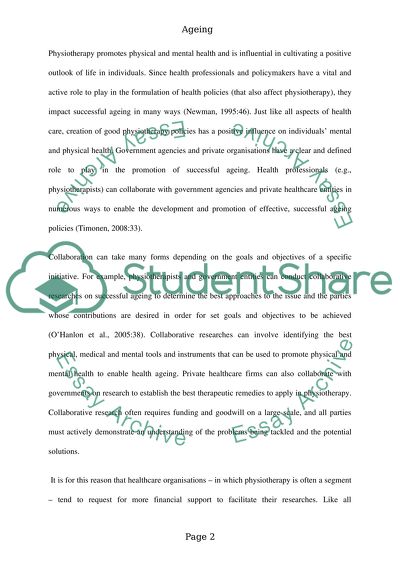Cite this document
(“Ageing Essay Example | Topics and Well Written Essays - 2000 words”, n.d.)
Ageing Essay Example | Topics and Well Written Essays - 2000 words. Retrieved from https://studentshare.org/health-sciences-medicine/1674884-ageing
Ageing Essay Example | Topics and Well Written Essays - 2000 words. Retrieved from https://studentshare.org/health-sciences-medicine/1674884-ageing
(Ageing Essay Example | Topics and Well Written Essays - 2000 Words)
Ageing Essay Example | Topics and Well Written Essays - 2000 Words. https://studentshare.org/health-sciences-medicine/1674884-ageing.
Ageing Essay Example | Topics and Well Written Essays - 2000 Words. https://studentshare.org/health-sciences-medicine/1674884-ageing.
“Ageing Essay Example | Topics and Well Written Essays - 2000 Words”, n.d. https://studentshare.org/health-sciences-medicine/1674884-ageing.


